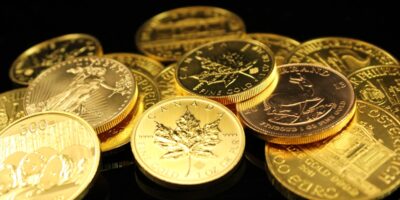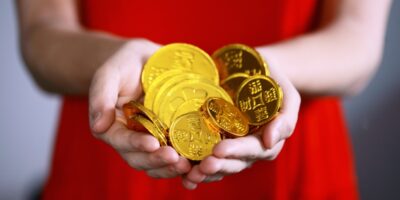Coin collecting, also known as numismatics, is a fascinating hobby enjoyed by millions around the globe. Its allure lies in its ability to combine historical interest, artistic appreciation, the thrill of the hunt, and the potential for financial investment. But why do people collect coins? What drives individuals to dedicate time, resources, and immense energy to acquiring small, metallic objects? The answers are as varied as the collectors themselves, but several key motivators stand out.
First and foremost, coins are tangible pieces of history. Each coin is a relic of its time, offering insights into the political, social, and economic conditions of its era. Collectors often feel a profound connection to the past when handling coins that have been in circulation for hundreds, or even thousands of years. This historical significance is a powerful lure, attracting those with an interest in the bygone days and how societies have evolved over centuries.
Another reason people collect coins is their aesthetic value. Coins are miniature works of art, and the craftsmanship involved in their design can be extraordinary. From intricate images of rulers and mythological figures to elaborate representations of animals and architectural landmarks, the diversity of designs found in coinage is immense. Collectors often develop a keen eye for the beauty and uniqueness of different coins, which can be as compelling as the appreciation of paintings or sculptures.
The thrill of the hunt is another factor that keeps collectors engaged. Searching for a specific coin or completing a particular collection can be a long and challenging pursuit, but the satisfaction of finally acquiring a sought-after piece is immensely gratifying. This aspect of coin collecting is similar to a treasure hunt, where the pursuit is as enjoyable as the discovery itself. The excitement of finding a rare or valuable coin at an auction, in a shop, or even in change given at a store adds to the thrill.
Moreover, coin collecting can be a significant financial investment. Some coins are exceedingly rare and, as such, are highly valuable. Over time, certain coins can appreciate in value, providing collectors not just with the joy of collecting but also a potential return on investment. For many, this economic aspect is a considerable draw, adding a layer of strategic planning to their collecting activities as they seek to acquire coins that might increase in value over the years.
Educational value is another important aspect of coin collecting. Collectors often delve into the details of numismatics, learning about different minting processes, historical contexts, and the nuances of grading and valuing coins. This pursuit of knowledge can be deeply fulfilling, transforming a hobby into a lifelong learning project. It also fosters a community of like-minded enthusiasts. Clubs, societies, and online forums where collectors share their experiences and knowledge add a social dimension to coin collecting, enriching the experience.
Lastly, the legacy aspect of coin collecting cannot be overlooked. Many collectors start their collection with a few coins passed down from a family member, and they continue to collect with the intention of leaving something valuable for future generations. This sense of creating a legacy that transcends lifetimes is a potent motivator and adds an emotional layer to the practical aspects of collecting.
In conclusion, the reasons people collect coins are numerous and varied. From the historical to the aesthetic, the financial to the educational, coin collecting offers a unique array of attractions and benefits. It is a hobby that caters to diverse interests and can develop from a casual activity into a passionate pursuit. For many, it’s not just about the coins themselves but the story they tell and the community they inspire. Thus, coin collecting remains a vibrant and thriving hobby that continues to captivate and fascinate people of all ages and backgrounds.




Leave a Reply